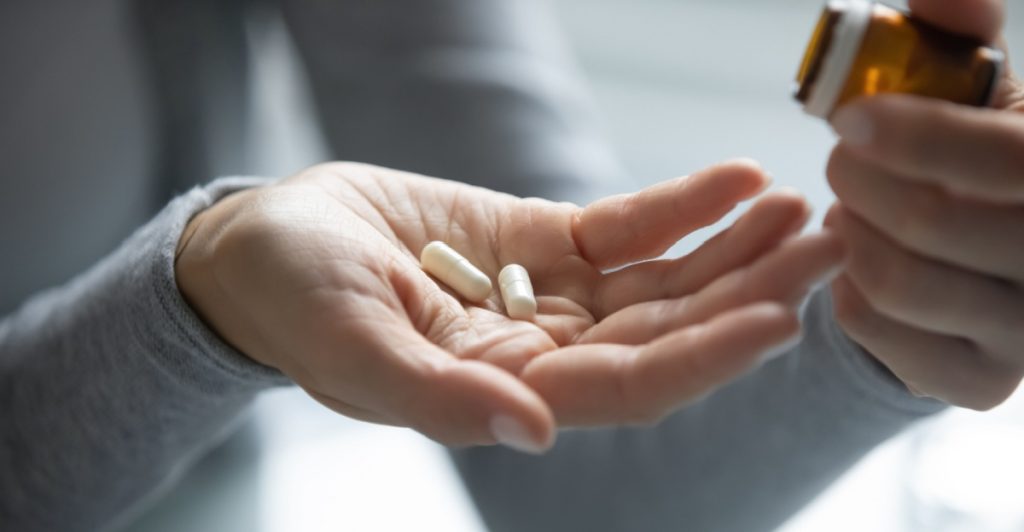We’re used to keeping food out of direct sunlight or extreme heat, many overlook that medications, especially birth control, are just as vulnerable.
Others are reading now
Storing medicine properly isn’t just a recommendation, it’s essential.
Why Where You Store Medication Matters More Than You Think
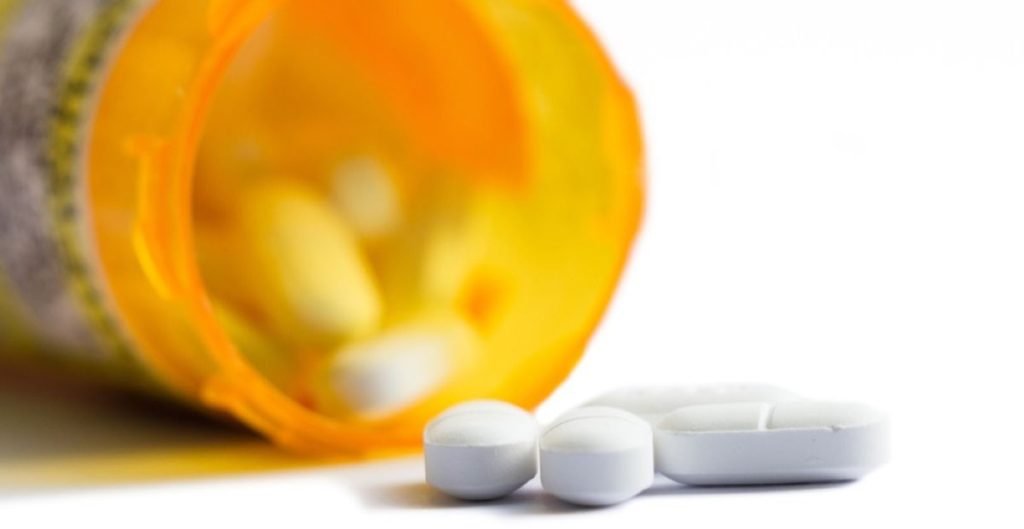
We’re used to keeping food out of direct sunlight or extreme heat, many overlook that medications, especially birth control, are just as vulnerable. Incorrect storage can significantly reduce their effectiveness, even rendering them useless.
Sunbathing with Your Pills? Think Again

Taking your contraceptive pills on holiday? Be careful. Leaving them out in direct sun whether while tanning or on a windowsill, can break down their chemical composition.
Experts from Medical News Today warn that prolonged exposure to light and heat can make birth control unreliable.
Heatwave Warning: Keep Meds Out of the Car

With UK temperatures soaring during recent heatwaves, there’s renewed concern about people leaving medication in hot cars.
Also read
Even a short stint in a sweltering vehicle can cause pills to degrade, so it’s crucial to take them indoors with you straight away from the pharmacy or doctor’s office.
Steer Clear of Steamy Bathrooms and Kitchens
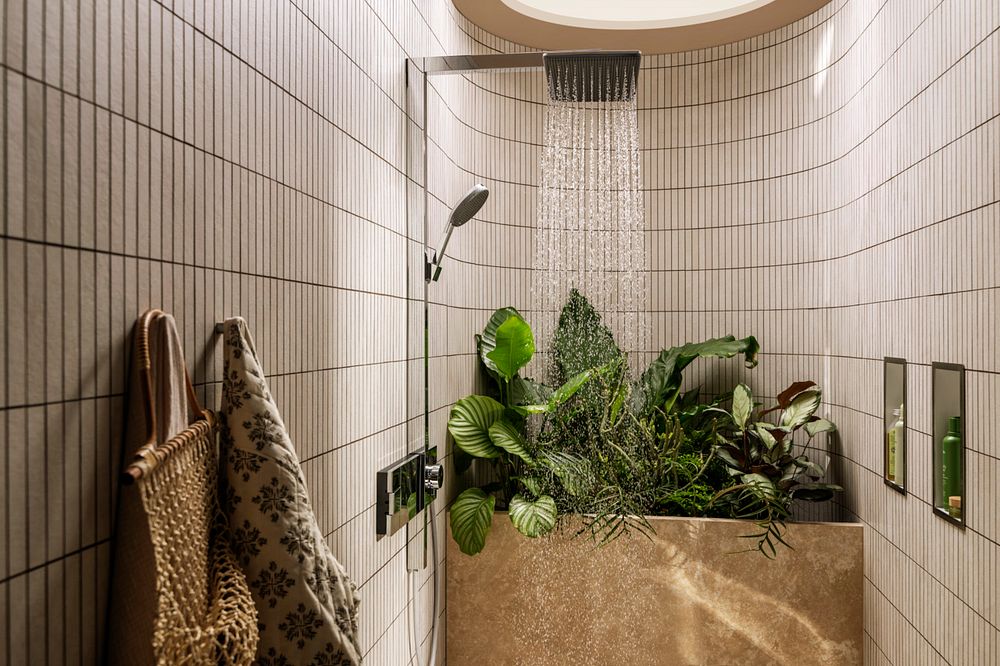
It might feel natural to store your tablets in a bathroom cabinet or kitchen drawer, but these areas are often humid—and humidity is a big no-no for medication.
Moisture can cause pills to dissolve slightly, clump together, or develop other forms of damage that you may not immediately spot.
Too Cold Is Also a Problem
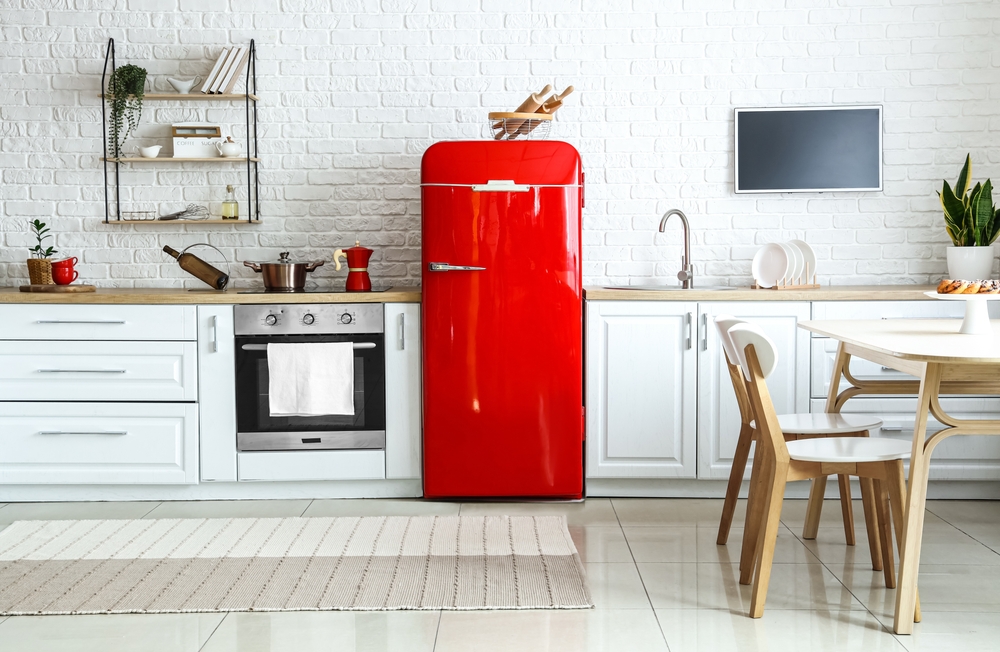
While heat is the main concern, keeping medication in places that are too cold—like unheated garages or even the fridge unless specified, can also be harmful.
Extreme cold can alter the composition and effectiveness of pills, especially when they’re exposed to temperature swings.
Also read
How to Spot Heat-Damaged Pills
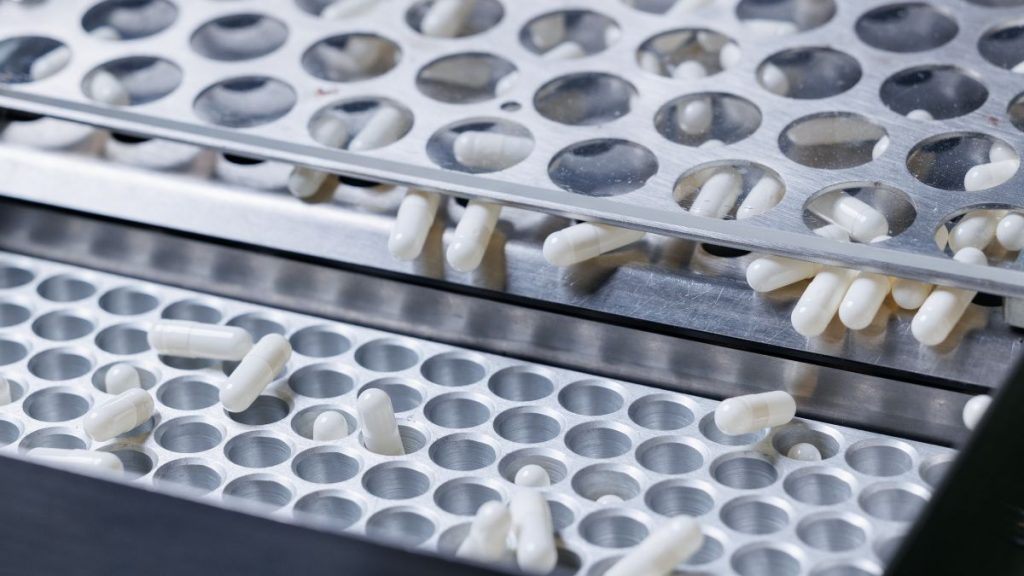
Not all changes are obvious, but some signs your medication may have been affected include pills sticking together, physical damage (like chips or cracks), discolouration, or a strange smell.
A change in texture feeling too soft or unusually hard, is also a red flag.
What If Your Pills Look Normal?
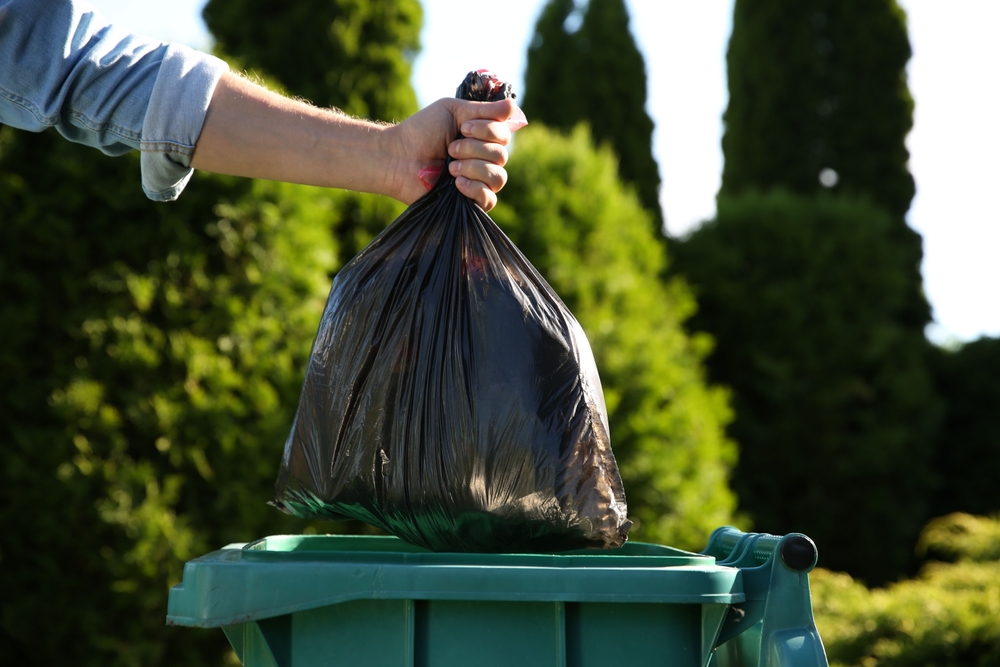
Even if there are no visible signs of damage, your pills could still be compromised. If you know they’ve been exposed to extreme heat or cold for an extended period, don’t take chances.
Use a backup contraceptive method and consider replacing the pack.
Always Check the Storage Instructions
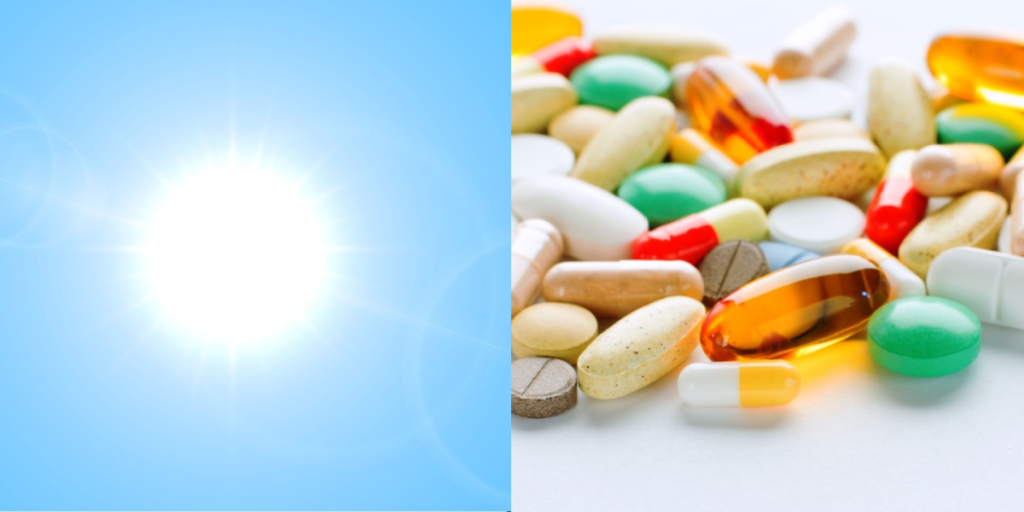
Medication packaging comes with important guidance, so read it! Birth control is typically best stored in a dry, cool place at room temperature, ideally between 15°C and 25°C (59°F to 77°F). Follow those directions carefully to maintain the medicine’s effectiveness.
Also read
When in Doubt, Ask a Pharmacist
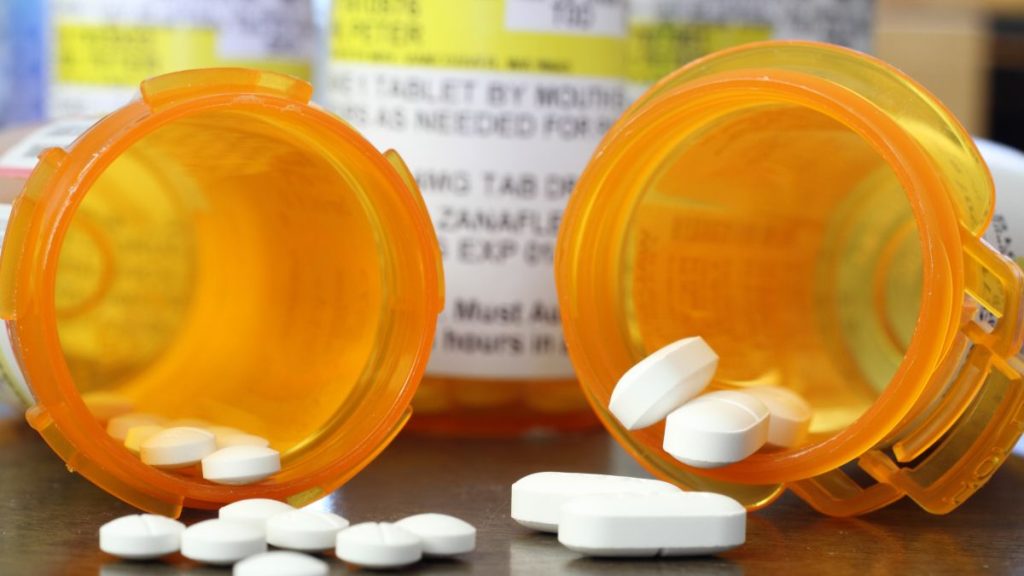
Unsure whether your pills are still safe to use? Don’t second-guess it. Speak with a pharmacist or contact the manufacturer directly.
They can help you determine if a replacement is needed and offer advice on safe storage for the future.
NHS Offers Free Contraception Advice and Services
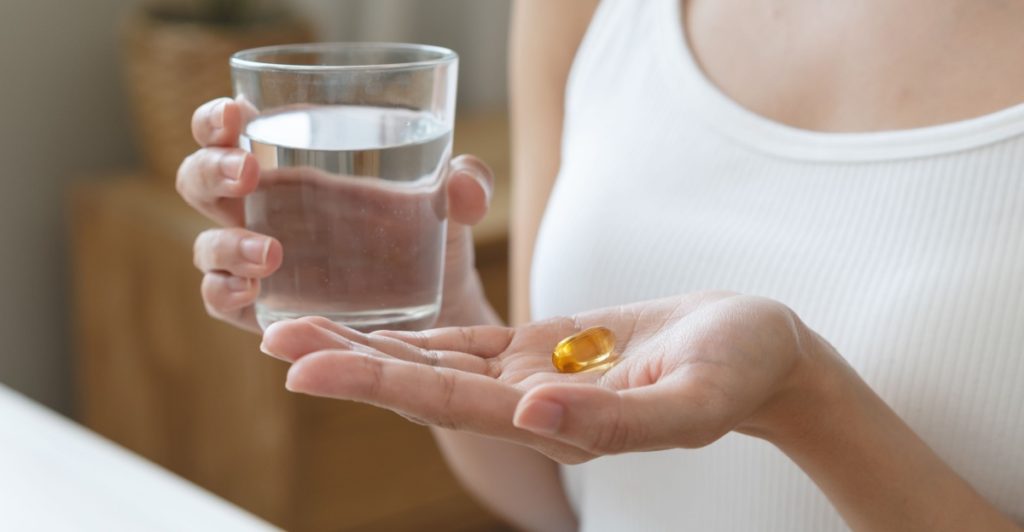
Need guidance or a new prescription? The NHS provides free and confidential contraception services. You can visit your GP, a sexual health clinic, or some pharmacies where the contraceptive pill is available without needing a doctor’s appointment.

